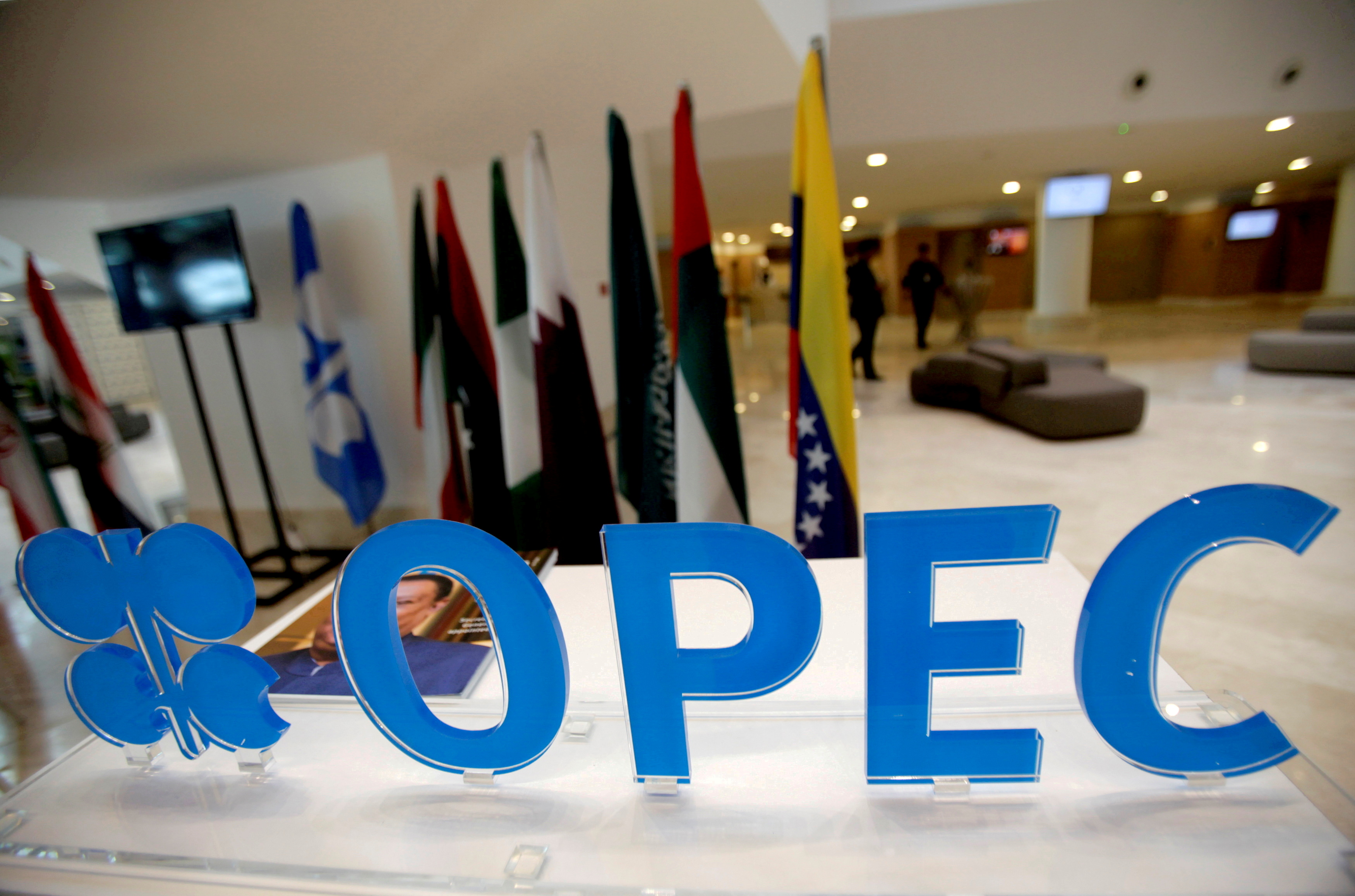
The IMF's updated forecast highlights a sharp decline in Kuwait's economic activity, marking a stark contrast to its more favorable performance in previous years. The country's reliance on oil exports, which account for nearly 90% of its revenue, is proving to be a significant vulnerability amid global production adjustments. The OPEC+ agreement, aimed at stabilizing oil prices by limiting supply, has had far-reaching consequences for Kuwait's oil-dependent economy.
While other Gulf nations are also feeling the pressure of OPEC+'s strategic cuts, Kuwait is especially vulnerable due to its limited diversification in the economy. Despite efforts to broaden its economic base, the country still faces significant challenges in shifting away from oil dependence, a process that has been slow and marred by infrastructural and policy-related obstacles.
According to the IMF report, Kuwait's GDP is projected to shrink by 2.5% in 2024, marking a substantial drop from the 1.5% growth expected earlier this year. This downturn is not isolated; rather, it is part of a broader trend of stagnation among oil-exporting economies grappling with the complex dynamics of the global energy market. Experts suggest that Kuwait’s experience may serve as a cautionary tale for other nations similarly reliant on oil for economic survival.
The IMF’s projection comes on the heels of a broader economic slowdown in the Gulf Cooperation Council (GCC) region, with the organization warning that structural reforms and diversification efforts must accelerate to safeguard long-term economic stability. Although Kuwait has made strides in diversifying into sectors such as finance, real estate, and tourism, these efforts have not yet yielded sufficient returns to offset the challenges faced by the oil sector.
At the heart of Kuwait's current economic troubles lies the agreement between OPEC and non-OPEC oil-producing nations, collectively known as OPEC+. This group has been steadily reducing production quotas in an attempt to prop up global oil prices, which have been volatile in the wake of geopolitical tensions, economic slowdowns in major markets, and shifts in energy consumption patterns. While higher oil prices initially bolstered Kuwait's economy, the prolonged production cuts have resulted in lower output, thereby curtailing the country's primary source of income.
OPEC+'s decision to extend these cuts into 2024 and possibly beyond underscores the alliance's commitment to its price-stabilizing strategy. However, for Kuwait, this policy shift means continued fiscal pressure and a limited ability to meet its development and welfare commitments. The government, while maintaining a relatively high level of reserves, faces increasing difficulty in funding its ambitious plans for infrastructure development and social services, especially with the looming prospect of further fiscal tightening.
The repercussions of these oil production cuts extend far beyond the national budget. Kuwait's private sector, particularly industries that rely heavily on government contracts and spending, is also feeling the strain. With lower government revenues, the state has been forced to scale back projects and delay investments, leading to a slowdown in business activity and an uptick in unemployment. These factors combine to create a challenging environment for both businesses and individuals alike.
In response, the Kuwaiti government has emphasized the need for ongoing economic reforms and greater investment in alternative sectors, particularly in technology and renewable energy. There have been discussions about fostering a more robust entrepreneurial ecosystem to reduce dependency on oil and ensure sustainable growth. However, critics argue that the pace of reform has been too slow and that political challenges have hampered efforts to make significant strides.
Experts also point to the challenges of international trade and foreign investment. With the global economic slowdown affecting demand for oil, and the added complexity of geopolitical tensions, Kuwait faces a difficult balancing act in terms of attracting foreign investors. The government is trying to diversify its economy by building an environment conducive to technology startups and financial services, but attracting such investment has proven difficult amid regional instability and economic uncertainties.
Further complicating Kuwait's economic outlook are the rising costs of living, which have put additional pressure on households. Inflationary pressures, driven in part by fluctuating global commodity prices, have affected purchasing power, leading to a decline in domestic consumption. Social unrest, while still relatively contained, is a growing concern, particularly as citizens increasingly feel the pinch of economic hardships. Public opinion has shifted towards demanding faster reform and diversification of the economy to secure better prospects for future generations.
Kuwait’s fiscal policy, largely driven by oil revenues, has also been under intense scrutiny. With fewer resources to allocate to public sector wages and subsidies, the government faces challenges in maintaining social stability. Given Kuwait's relatively small population and its dependence on oil, the fiscal space to implement broad social programs is becoming increasingly restricted, raising concerns about the sustainability of current welfare structures.
Topics
Spotlight
